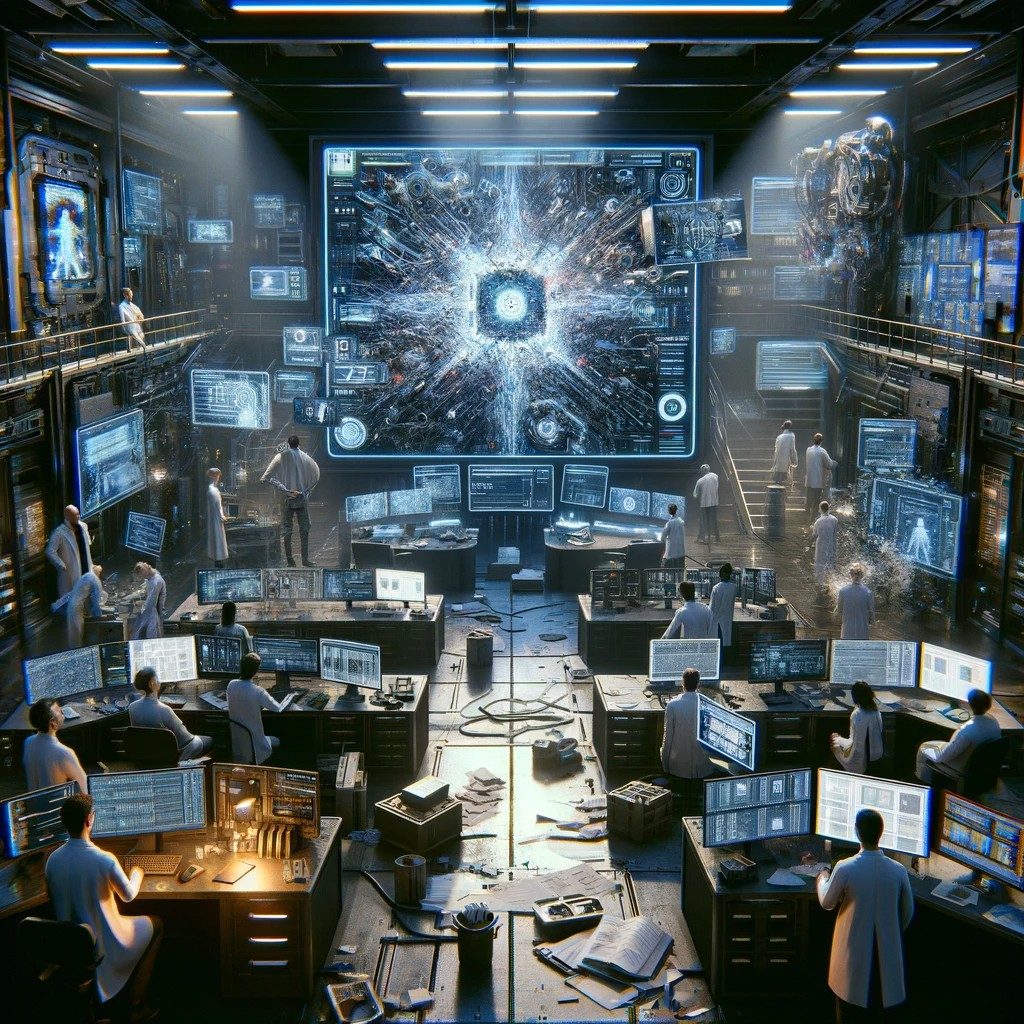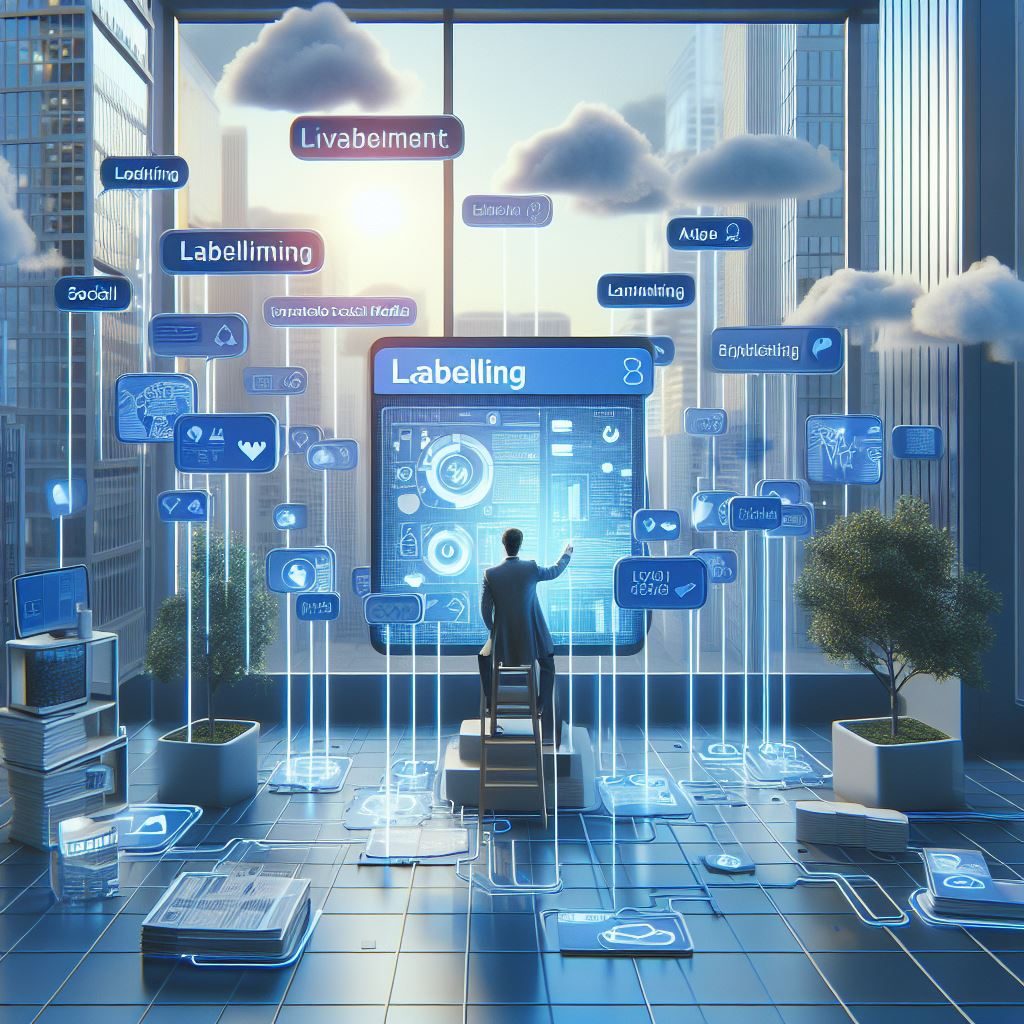The history of technology and its impact on society is a tale as old as time. The clash between innovation and tradition, progress and job security, has often given rise to resistance movements. In the late 18th century, the Luddites became synonymous with those who fought against the encroachment of machines into their livelihoods. Today, as we stand at the threshold of the so-called Second Industrial Revolution driven by artificial intelligence, the Luddites’ struggle takes on a renewed relevance. This article explores the Luddites’ story and its implications for contemporary challenges posed by technology.
The Luddite rebellion
The Luddites were not the caricatures of simpletons who feared technology; they were skilled workers who understood the threat posed by machines. Their name originated from the legendary figure Ned Ludd, who rebelled against oppressive working conditions and the introduction of machinery. The Luddites’ resistance was not aimless; it was targeted and strategic. They smashed machines that directly threatened their livelihoods, leaving others untouched.
Political dimensions
As the Luddite movement gained momentum, it took on a political dimension. Many Luddites expressed dissatisfaction with the monarchy and called for a republic. This marked a transition from economic resistance to broader revolutionary objectives. The government responded with draconian measures, deploying thousands of soldiers to quell the uprising and imposing strict laws against combination (union formation) and secret oaths.
Technology as a tool of disruption
The Luddites recognized that machines, in and of themselves, were not the enemy. It was the human hand behind the machines—the capitalists and innovators—who forced disruptive changes on workers, cut wages, and introduced the factory system. They understood that technology could be used to profit at the expense of the laborers.
Modern parallels
In the present day, we find ourselves on the cusp of a new technological era. The advent of robotics, microchips, and artificial intelligence is reshaping industries, raising concerns about job displacement and social disruption. Tech moguls like Elon Musk, Peter Thiel, and Jeff Bezos are wielding technology to disrupt traditional modes of production, reminiscent of the early factory owners.
The missing Luddite revival
Author Brian Merchant searches for signs of a contemporary Luddite revival but finds only scattered efforts and movements that, while advocating for workers’ rights, fall short of a full-fledged machine-breaking campaign. These include podcasts like “This Machine Kills” and “Tech Won’t Save Us,” as well as books like Gavin Mueller’s “Breaking Things at Work.” While these voices criticize the impact of technology, they do not engage in the same direct action as the Luddites.
The evolution of resistance
Merchant’s exploration of modern resistance efforts, such as taxi drivers’ protests against Uber and Amazon workers’ unionization efforts, highlights that workers today are organizing and advocating for their rights in different ways. These actions are rooted in the union tradition rather than the clandestine, machine-breaking tactics of the Luddites.
Chartism and beyond
The Luddites, in their defeat, gave rise to Chartism, the growth of trade unions, and the revolutionary fervor of 1848. Just as capitalism evolved, so did the methods of resistance against it. The world today is vastly different from the Luddites’ era, with social bonds frayed and no golden age to draw inspiration from.
While the Luddites’ moment belonged to their time, their outrage and determination still hold an essential truth. In a world shaped by machines and their owners, the need for responsible and ethical technology use remains paramount. The Luddite legacy reminds us that not all technological advancements are inherently beneficial, and some machines must be challenged to prevent them from producing “monsters.”
As we navigate the complexities of the Second Industrial Revolution, the lessons of the Luddites serve as a powerful reminder that, even in an ever-changing world, the protection of workers’ rights and the pursuit of social justice should remain at the forefront of our efforts.





